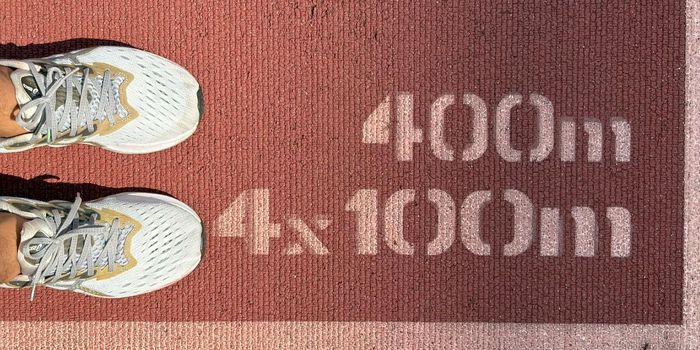Can Low Blood Sugar in Older Patients Lead to Serious Vascular Complications?
Low blood sugar, otherwise called ‘hypoglycemia,’ is common among patients that have diabetes. This is especially true for those taking glucose-lowering medications. In the elderly, hypoglycemic events can be particularly dangerous and may result in falls. Low blood sugar has also been associated with cognitive decline in the elderly. As such, the aim of managing elderly patients with diabetes is to improve their symptoms and quality of life rather than aggressively lowering blood glucose. The results of a meta-analysis published in March 2021 suggest a significant association between hypoglycemia and vascular events.
This review included 44 studies and involved more than 2.5 million participants over age 55 on glucose-lowering medications. Their analysis revealed a significant association between hypoglycemia and microvascular complications such as nephropathy and retinopathy. Such complications can result in considerable life alterations, such as a need for dialysis or blindness. Hypoglycemia was also associated with the risk of macrovascular events such as strokes and myocardial infarction. Studies revealing these vascular associations showed no evidence of variation between them. In addition to vascular complications, a significant association was also found between hypoglycemia and cardiovascular death.
The review included retrospective and prospective cohort studies. Due to the observational nature of the studies, causality could not be definitively determined. Strengths of this review include its large sample size, the inclusion of only full journal publications, and diligent quality assessment. This large body of evidence strongly suggests an association between hypoglycemia and vascular complications in older patients on glucose-lowering medications. The study provides further support for an approach to diabetes management in older patients that focuses on quality of life rather than strictly defined goals for laboratory markers of glycemic control.
Sources: Frontiers in Endocrinology









